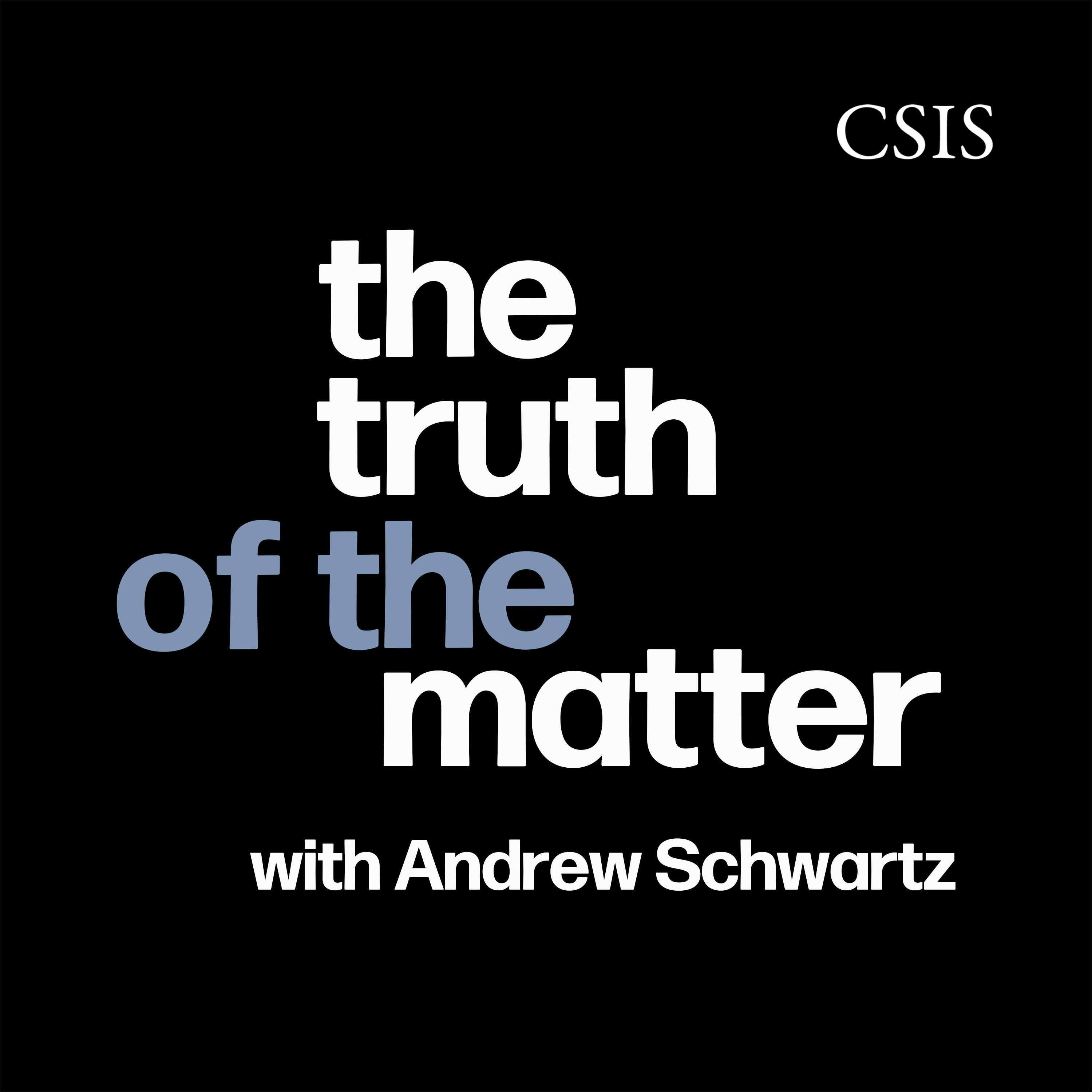
Deep Dive
Why did the Assad regime collapse so quickly?
The Syrian regime was heavily reliant on external support from Russia, Iran, Hezbollah, and Iranian-backed militias. Without this backing, the regime's structure crumbled rapidly as there were few willing to fight for it.
What role did Turkey play in the fall of the Assad regime?
Turkey likely green-lighted the rebel offensive, pushing the Assad regime in the right direction. This was supported by Russia, which hoped the rebels would take back a few villages, but the rapid collapse of the regime was a surprise to many.
How did Hayat Tahrir al-Sham (HTS) contribute to the regime's fall?
HTS, a rebel group, played a significant role by capturing key areas in less than two weeks. Reports suggest they disrupted pro-regime groups with strategic interventions, leading to the regime's rapid collapse.
Who is Abu Muhammad al-Jolani, and what is his role in HTS?
Al-Jolani is the leader of HTS, originally from the Golan Heights. He fought in Iraq, was arrested by U.S. forces, and later led Jabhat al-Nusra, which evolved into HTS. He has coordinated with external powers to eliminate more extreme elements, including ISIS.
How has HTS approached governance in areas they control?
HTS has reassured minorities, maintained government employment, and avoided the debathification seen in Iraq. They have accepted defections and offered amnesties to regime soldiers, showing a more inclusive approach to governance.
What are the immediate concerns for the international community in post-Assad Syria?
The U.S. and allies must focus on stabilizing the region, supporting the SDF to guard ISIS prisons, and preventing Iran from becoming a spoiler. Humanitarian aid is also critical, as hundreds of thousands of displaced people seek to return home.
What is the potential impact of the U.S. administration transition on Syria policy?
The incoming Trump administration may have different priorities, such as a tougher stance on Iran. However, maintaining support for the SDF and ensuring security in northeast Syria will remain critical to prevent further instability.
What steps should the international community take to support Syria's recovery?
Immediate steps include increasing humanitarian aid, stabilizing the region, and ensuring security at key crossings like Abu Kamal. Long-term reconstruction and peace agreements between Kurds and Turkey are also essential.
- Introduction to the podcast 'The Truth of the Matter'.
- Introduction of Natasha Hall, the expert guest on Syria.
Shownotes Transcript
CSIS’s Natasha Hall joins the podcast to discuss the rot inside the Assad regime, the country’s new power center and the internal tensions that remain.